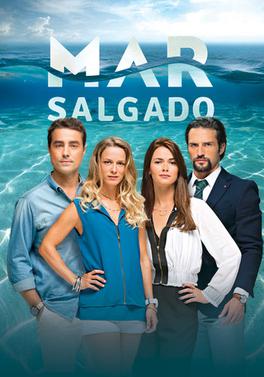Related Research Articles

The Minister of Foreign Affairs of Portugal is in charge of conducting the foreign policy established by the Portuguese government, representing the country in many international meetings. The current minister is Paulo Rangel.
João Pedro may refer to:

Ruy Alexandre Guerra Coelho Pereira is a Portuguese-Brazilian film director and screenwriter. Guerra was born a Portuguese citizen in Lourenço Marques in Mozambique, when it was still a Portuguese colony.
Vidas Opostas is a Brazilian telenovela originally aired on Record.

Lines of Wellington is a 2012 Franco-Portuguese epic war film and television series prepared by Chilean director Raúl Ruiz and completed by his widow Valeria Sarmiento. Its title refers to the historical Lines of Torres Vedras.

O Homem que Virou Suco is a 1980 Brazilian drama film written and directed by João Batista de Andrade.

Letters from War is a 2016 Portuguese drama film directed by Ivo M. Ferreira and based on the letter collection D'este viver aqui neste papel descripto by António Lobo Antunes. It was selected to compete for the Golden Bear at the 66th Berlin International Film Festival, where it had its world premiere. It was selected as the Portuguese entry for the Best Foreign Language Film at the 89th Academy Awards but it was not nominated.

Mar Salgado is a Portuguese telenovela which began airing on SIC from September 15, 2014 until September 18, 2015. The series starred Margarida Vila-Nova, Joana Santos, Ricardo Pereira and José Fidalgo, and was written by Inês Gomes.

The Constituent Cortes of 1820, formal title The General and Extraordinary Cortes of the Portuguese Nation, also frequently known as the Sovereign Congress or the Cortes Constituintes Vintistas, was the first modern Portuguese parliament. Created after the Liberal Revolution of 1820 to prepare a constitution for Portugal and its overseas territories, it used a different system from the traditional General Cortes for choosing representatives, and the three traditional feudal estates no longer sat separately. The Cortes sat between January 24, 1821 and November 4, 1822 at the Necessidades Palace in Lisbon. The work of the Constitutional Cortes culminated in the approval of the Portuguese Constitution of 1822.
Guerra Conjugal is a 1975 Brazilian film directed by Joaquim Pedro de Andrade. The screenplay is an adaptation of Dalton Trevisan's short stories.
References
- ↑ "26th Moscow International Film Festival (2004)". MIFF. Archived from the original on 3 April 2013. Retrieved 7 April 2013.